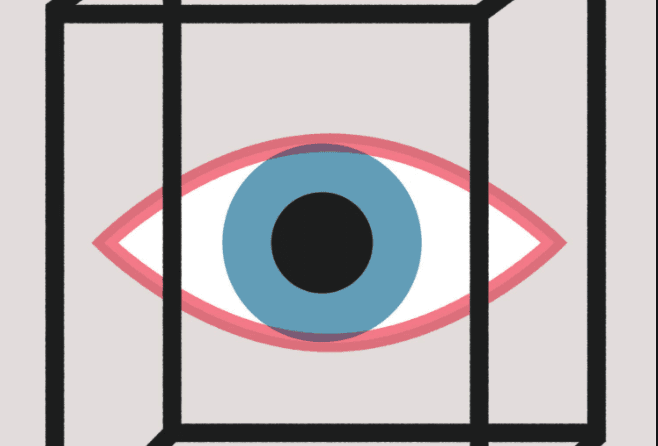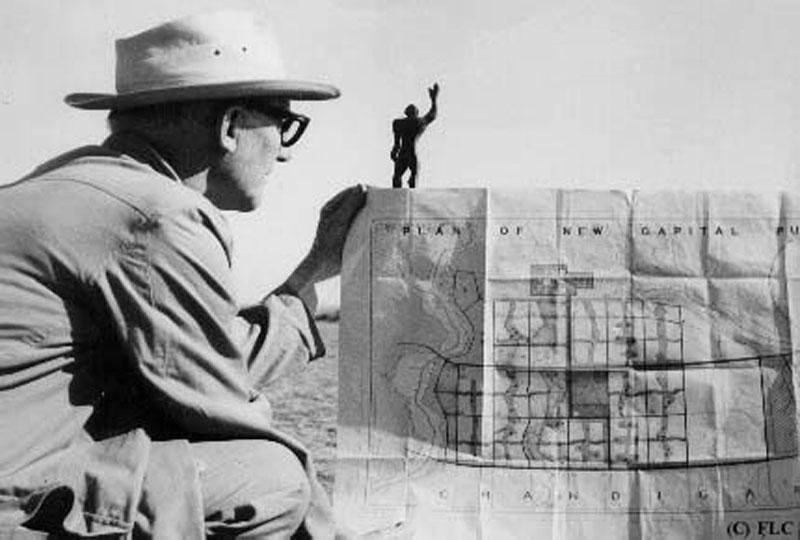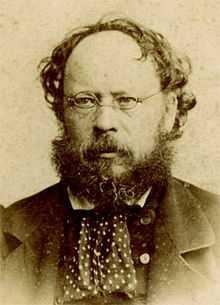Vladimir Oane's Key Ideas from Seeing Like a State
by James C. Scott
Ideas, facts & insights covering these topics:
11 ideas
·7.09K reads
52
4
Explore the World's Best Ideas
Join today and uncover 100+ curated journeys from 50+ topics. Unlock access to our mobile app with extensive features.
The Modern State
The premodern state was pretty blind; it knew precious little about its subjects, their wealth, their landholdings and yields, their location, their very identity. All that required was a concentrated population, within easy range, producing a steady supply of easily transportable, storable grain and tribute and providing a surplus of manpower for security, war, and public works.
The modern state, which grew after the Enlightenment, attempted the application of the "scientific method" in the realm of social interaction. It led to the biggest tragedies in human history.
139
1.54K reads
Elements of state-engineered tragedies
Tragic episodes of state-initiated social engineering originated from:
- The administering ordering of nature & society.
- The rise of a modernist ideology, aimed at creating a scientifically utopic future.
- The authoritarian instinct of the state to use its coercive power to create the future.
- A civil society that lacks the means to resist the state.
The legibility of society provides the capacity for large-scale social engineering, high modernism provides the desire, the authoritarian state provides the determination to act on that desire & an incapacitated civil society provides social terrain.
133
954 reads
High Modernism Utopia
Modern people started to see rational order as an ideology. Efficiency became a virtue in itself. They committed to a more egalitarian society, to making the amenities of modern society available to all, through:
The rational authority of experts, who can use the scientific method for ...
Centralized planning: dams, large 🏭, communication. All aimed towards bringing utopian changes in people's lives.
Standardization: everyone to speak the same language, worship the same god, use the same units of measurement etc...
132
720 reads
From "nature" to "natural resource"
A forest, for example, is nothing but a utility for a state: providing timber and tax revenue. Its narrow utilitarian perspective ignores the naturalistic view of the forest as a complex biological system. Or the anthropologic view, looking at all the socially negotiated uses like hunting, fishing, or collecting minerals.
Economically valuable plants become "crops", the rest "weeds". Useful trees are "timber". The rest is "trash".
This illustrates the dangers of dismembering a complex & poorly understood system in order to isolate a single element of "value".
138
579 reads
Standard & Abstract Citizens
High modernism's beneficiaries were abstract caricatures, not real people. The advocates of social engineering were planning for generic subjects (who needed so many square feet of housing space, acres of farmland, liters of clean water etc)
Standardized citizens are uniform in their needs, they no gender, no tastes, no history, no values, no opinions or original ideas, no traditions, and no distinctive personalities to contribute to the enterprise.
Elites (the ones in charge of the planning: the architects, engineers, politicians etc) can provide the direction that the masses are lacking.
132
525 reads
State measurement vs Local measurement
Local units of measurement are cultural & practical. In Malaysia, distances are measure in "rice cooks", denoting the time it takes rather than the distance, which could be less useful for varied terrain. In France, a pint meant anything from 0.9l to 3.33l. It depends on the region.
State measurements are reducing a complex experience to a statistic. It serves the state more than the locals. The units might be citizens, villages, trees, fields, houses, or people. Whatever the units, they must be organized in a manner that permits them to be identified, observed, recorded, counted & monitored.
131
472 reads
Customs vs Laws
Customs are a living, negociated practices which are constantly being addaped to new circumstances, including power relations. They should not be romanticized being riven with inequality and other biases.
Laws don't have the plasticity and the evolutionary power of customs. Historically speaking, uniform legal codes were some of the hardest things a state had to do. The transition from feudalism to a state, after the French revolution, hinged on the ability of the statesmen to codify all the customs into property laws.
131
535 reads
The City as a Utopian Project
Le Corbusier, an influential architect, believed the city was the rational expression of the modern consciousness & that people would embrace it wholeheartedly. His cities were big, straight, with clearly separated areas. A designed macro-order that led in practice to micro-confusions.
Cities built based on his ideas (like Brasil's capital) are boring, soul-less monstrosities.
131
460 reads
Techne & mētis
Greeks separated knowledge into:
- Techne: Technical knowledge that could be expressed precisely in the form of hard-and-fast rules (not rules of thumb), principles & propositions. Techne is based on logical deduction from self-evident first principles.
- Metis: Practical knowledge for “situations which are transient, shifting & ambiguous, which do not lend themselves to precise measurement or calculation.”
Mētis is contextual, techne is universal. Mētis is for broadly similar but never precisely identical situations requiring practiced adaptation that becomes second nature to the practitioner.
138
434 reads
Rules of thumb for avoiding planning disasters
Complex projects are impossible to successfully plan for. These rules can help:
Take small steps. In an experimental approach to social change, presume that we cannot know the consequences of our interventions in advance.
Favor reversibility. Prefer interventions that can easily be undone if they turn out to be mistaken.
Plan on surprises. Choose plans that allow the largest accommodation to the unforeseen.
Plan on human inventiveness. Always plan under the assumption that those who become involved in the project later will have or will develop the experience and insight to improve on the design.
134
395 reads
“To be ruled is to be kept an eye on, inspected, spied on, regulated, indoctrinated, sermonized, listed and checked off, estimated, appraised, censured, ordered about….
To be ruled is at every operation, transaction, movement, to be noted, registered, counted, priced, admonished, prevented, reformed, redressed, corrected.”
PIERRE-JOSEPH PROUDHON
140
471 reads
IDEAS CURATED BY
Life-long learner. Passionate about leadership, entrepreneurship, philosophy, Buddhism & SF. Founder @deepstash.
Curious about different takes? Check out our Seeing Like a State Summary book page to explore multiple unique summaries written by Deepstash users.
Vladimir Oane's ideas are part of this journey:
Learn more about philosophy with this collection
How to synthesize information from multiple books
How to analyze a book
How to set reading goals
Related collections
Different Perspectives Curated by Others from Seeing Like a State
Curious about different takes? Check out our book page to explore multiple unique summaries written by Deepstash curators:
4 ideas
Abhishek Jasuja's Key Ideas from Seeing Like a State
James C. Scott
Discover Key Ideas from Books on Similar Topics
6 ideas
When The Magic Happens
collaborativefund.com
Read & Learn
20x Faster
without
deepstash
with
deepstash
with
deepstash
Personalized microlearning
—
100+ Learning Journeys
—
Access to 200,000+ ideas
—
Access to the mobile app
—
Unlimited idea saving
—
—
Unlimited history
—
—
Unlimited listening to ideas
—
—
Downloading & offline access
—
—
Supercharge your mind with one idea per day
Enter your email and spend 1 minute every day to learn something new.
I agree to receive email updates





